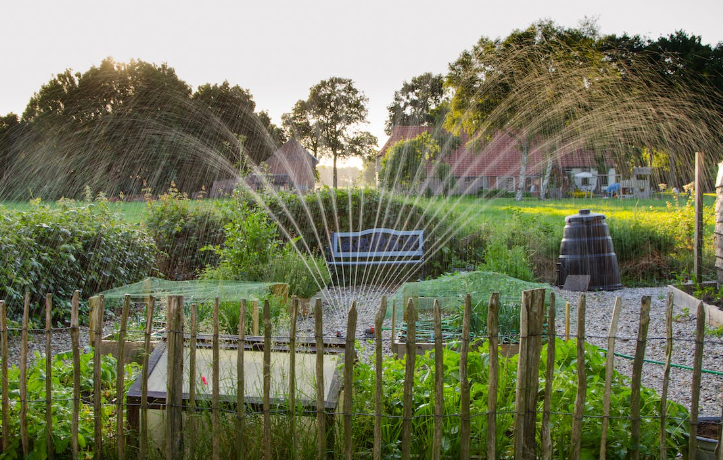
Irrigation is the process of applying water to crops or plants to ensure that they receive the necessary amount of moisture required for their growth and development. It is a crucial aspect of agriculture, and its importance cannot be overstated. In this article, we will discuss the importance of irrigation and how it contributes to the growth and development of crops, as well as the overall agricultural sector.
Increased Crop Yield
The most significant benefit of irrigation is the increased crop yield it provides. When crops are adequately watered, they grow healthier, stronger, and more robust, leading to a higher yield. Proper irrigation ensures that crops have the necessary moisture and nutrients required for photosynthesis, leading to an increased growth rate and improved quality of the final product. Additionally, irrigation allows farmers to grow crops in areas with insufficient rainfall or where the water table is low, providing them with the ability to cultivate crops in areas that were previously unusable.
Improved Soil Quality
Irrigation also improves soil quality by preventing soil erosion, reducing the amount of soil compaction and salinization, and promoting the growth of soil microorganisms. These benefits result in improved soil fertility, which is crucial for healthy plant growth and development. Irrigation also allows for better nutrient management, as water-soluble nutrients can be added directly to the soil, improving plant growth and increasing crop yields.
More Stable Crop Production
Irrigation helps stabilize crop production by reducing the impact of droughts and other weather-related events. Droughts can lead to significant crop losses, leading to food shortages and increased food prices. Irrigation systems provide a steady and reliable water supply to crops, ensuring that they receive the necessary moisture even during times of drought. This stability in crop production is essential for ensuring food security and preventing food shortages.
Increased Land Use
Irrigation also increases land use by allowing farmers to cultivate crops in areas that were previously unusable. This expansion of cultivable land can lead to increased agricultural production and a reduction in food shortages. Additionally, irrigation allows for the cultivation of high-value crops, such as fruits and vegetables, that require high levels of moisture and nutrient management.
Job Creation
The development and maintenance of irrigation systems can also create jobs in the agricultural sector. The construction of irrigation systems requires skilled labor, and the maintenance of these systems requires ongoing attention and care. This job creation can lead to economic growth and development in rural areas, where jobs are often scarce.
Reduced Water Waste
Irrigation systems can be designed to minimize water waste by using drip irrigation, which applies water directly to the plant’s root system. This reduces water loss due to evaporation, and the use of sensors can ensure that only the necessary amount of water is applied to each plant. The reduction in water waste can lead to significant cost savings for farmers and contribute to overall water conservation efforts.
Improved Food Quality and Safety
Irrigation can also lead to improved food quality and safety by reducing the use of harmful pesticides and herbicides. Proper irrigation techniques can reduce pest and weed infestations, reducing the need for chemical treatments. Additionally, irrigation can help wash away harmful bacteria and pathogens that can be present on crops, leading to safer and healthier food products.
In conclusion, irrigation is a critical aspect of agriculture, providing numerous benefits to both farmers and consumers. Irrigation increases crop yield, improves soil quality, stabilizes crop production, increases land use, creates jobs, reduces water waste, and improves food quality and safety. Its importance cannot be overstated, and it is essential for ensuring food security and sustainable agriculture in the face of a changing climate and growing population.